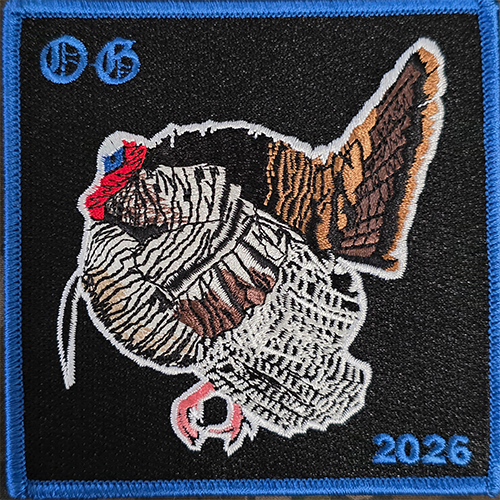        |
Timing for A.M. gobbles & fly-downStarted by mcw3734, May 12, 2019, 09:50:57 PM Previous topic - Next topic
User actions
|
        |
Timing for A.M. gobbles & fly-downStarted by mcw3734, May 12, 2019, 09:50:57 PM Previous topic - Next topic
User actions
|